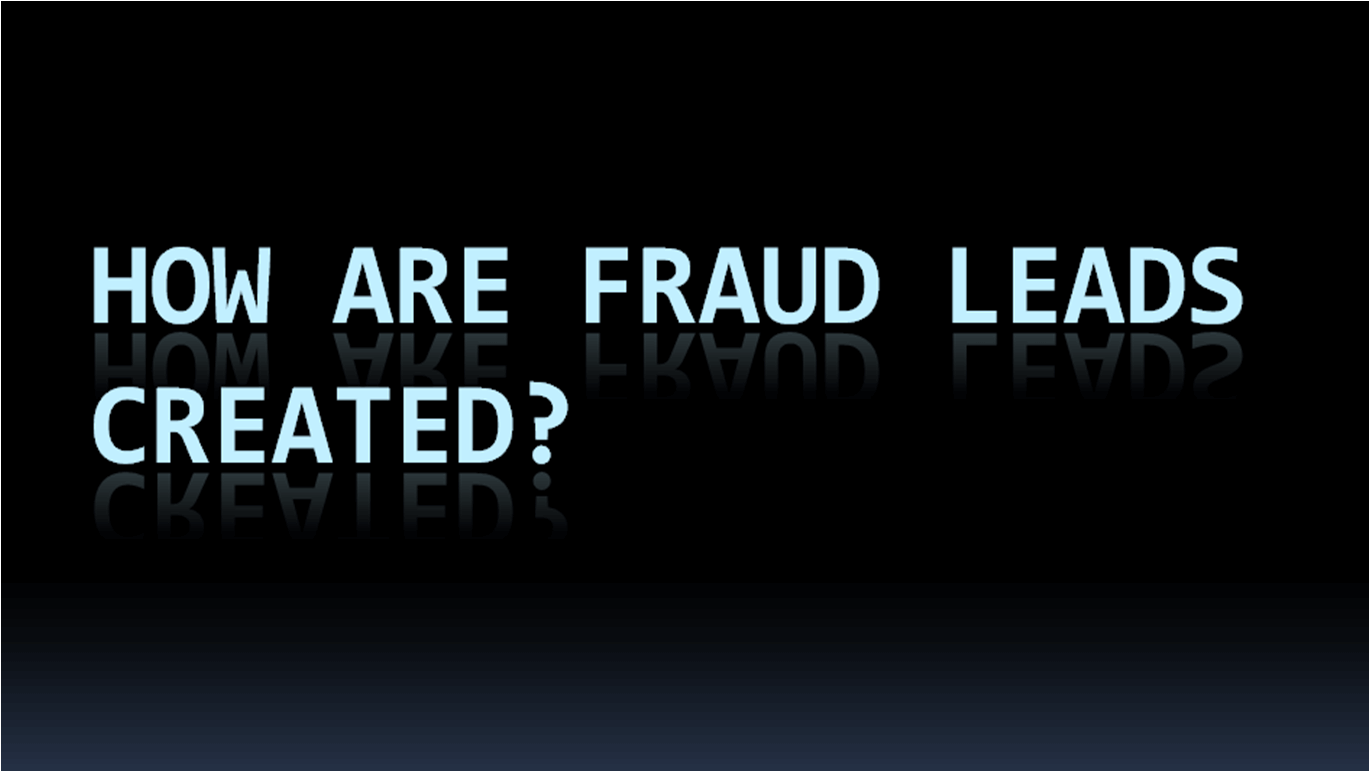How are fraud leads created?

source: own elaboration
Online fraud is currently so common that it can be called the plague of the 21st century. What is worse, their detectability is extremely small, and the penalties imposed on the offenders are not particularly severe. In contrast to the consequences that they can cause. They can be devastating, both for individuals and businesses. In order not to become a victim of online fraud, special care should be taken, especially in the field of data sharing. But what about companies that get potential customers data from external partners? They are particularly susceptible to fraud, so they should be more precautions. The first step should be to understand how fraudsters create false leads (incorrect potential customers contact details)?
Acquiring leads on a specially created, false landing page.
One of the most popular methods for fraud lead scams is that fraudsters collect real contact details on special landing pages and automatically enter this data in the advertisers' contact forms on other websites. Most often, contact details are provided to companies related to the subject of false landing page, but there are also scammers who transmit such incorrectly obtained data en masse to advertisers from various industries.
Forwarding lists of fake leads to advertisers using APIs or other systems communicating with each other.
Some publishers have old contact databases, or create them from invented, fake contact details, and then pass them on to advertisers with whom they are integrated via API or other integrated systems. This way, advertisers pay them for fake or outdated leads, expecting fresh, relevant potential customers data. Such actions are therefore a form of fraud.
Mixing real and false leads.
Most advertisers meet with incorrect leads regularly, but because they are only a part of the data passed on by the publishers - they do not react. Of course, small amounts of false leads may be random, but it's very possible that some of these "partially correct" publishers are scammers that get the correct leads from other publishers and then mix them with the fake ones. It should be mentioned that most of them check how much of the entire traffic can be a fraud before the lead respondent reacts. When advertiser reports complaints to them, they return to a lower concentration of incorrect data, and then increase them again gradually.
The frauds carried out using the Cookie Stuffing and Cookie Dropping techniques.
The form of online fraud, popular some time ago especially in the affiliate industry, is cookie stuffing and cookie dropping. These techniques, consisting in leaving additional code in users' cookies, may allow fraudsters to "steal" traffic generated by other publishers. If the user in whose cookies this artificial piece of code has been dropped will visit the website of a real publisher and leave his contact details on it, the code saved in cookie files may replace the source data and the lead will be assigned to the fraud publisher.
Leads originating from manipulated traffic.
Some publishers try to manipulate users and thus persuade them to leave contact details on websites through material rewards or other benefits promised to them. Information about who the data will go to is in such cases written in a very small print and although it is not a crime, from the perspective of the advertiser, they are certainly a fraud.
Leads left by BOTs.
Some fraudsters also use specially created programs (BOTs) that enter a given page and automatically complete the fields of contact forms. They can give different information and even falsify the source data so that the leads look real.
Of course, how many cheats there are, as many ways to commit fraud. You can meet in this area with particular creativity. And the consequences of such actions can be very serious. Dishonest publisher can thus receive a fee for a false lead even from many advertisers at the same time. In addition to the financial consequences, the advertiser may encounter more serious problems - if the contact details of real people were obtained in a illegal way. To protect against fraud leads, advertisers can use the services of companies that specialize in traffic analysis and fraud detection (such as TrafficWatchdog).

